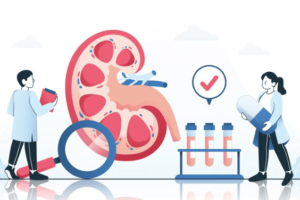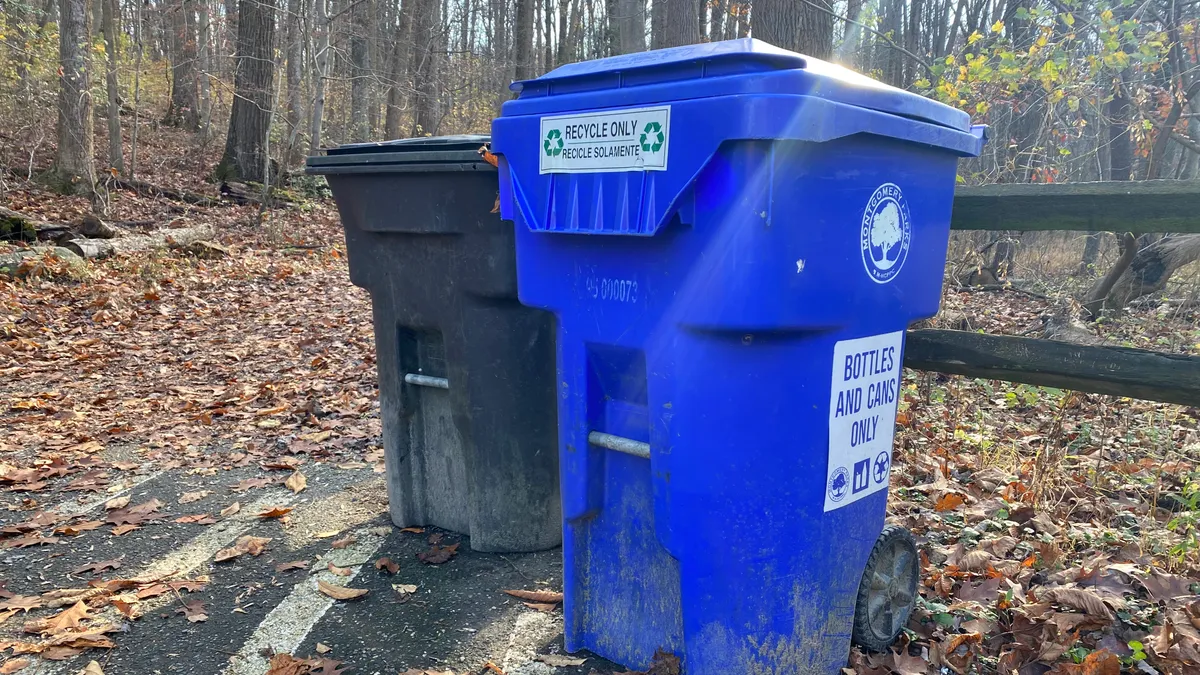Recycling is more than a buzzword; it’s a critical component of sustainable living and environmental stewardship. In Massachusetts, recycling is not just about sorting your trash—it’s a community-driven effort with tangible benefits for the environment and local economies. This blog post explores why visiting a recycling center in Massachusetts is beneficial and how it can reshape your understanding of waste management.
Why Recycling Matters in Massachusetts
Massachusetts has long been at the forefront of environmental conservation. With its ambitious goal to reduce solid waste by 30% by 2030, the state is committed to recycling as a primary strategy. The purpose of this post is to highlight the importance of recycling and how it significantly impacts both local communities and the environment. Readers will gain insights into what makes these centers vital and how their participation can make a difference.
The Recycling Center Experience
Visiting a recycling center is like entering a hub of activity where the cycle of reuse and renewal takes place. Upon arrival, you’ll find designated drop-off areas for various materials such as glass, paper, metals, and electronics. Massachusetts offers a variety of recycling centers, each tailored to different needs—some focus on household waste, while others specialize in industrial materials. Whether you’re dropping off an old laptop or bags of cans, these centers are equipped with friendly staff ready to guide you through the process.
Recycling centers aren’t just drop-off points; they are educational spaces. Many offer tours and workshops, providing visitors a behind-the-scenes look at recycling operations. From sorting machines to balers, you’ll witness firsthand how discarded items are prepared for their next life cycle. This experience is not only informative but also inspiring, showcasing recycling’s potential to transform waste into valuable resources.
Exploring the Different Types of Recycling Centers
Massachusetts is home to various recycling centers, each serving specific purposes. Curbside recycling centers cater to residential neighborhoods, making it convenient for residents to dispose of common recyclables. Specialized facilities handle electronic waste, hazardous materials, and construction debris, ensuring safe disposal and recovery of valuable components. Community recycling programs often include drop-off events, enabling residents to recycle items not accepted in regular curbside collections.
The Benefits of Recycling Centers
Environmental Benefits
Recycling centers play a crucial role in reducing landfill waste, which can take centuries to decompose and often release harmful gases into the atmosphere. By diverting materials from landfills, recycling helps conserve energy and resources. Producing goods from recycled materials typically requires less energy than manufacturing from raw materials, resulting in fewer emissions and a reduced carbon footprint.
Additionally, recycling preserves natural resources. By reprocessing metals, paper, and plastics, we reduce the need to extract raw materials, conserving forests, water, and minerals. This conservation effort protects ecosystems and supports biodiversity, ensuring a healthier planet for future generations.
Community Benefits
Recycling centers are economic engines within local communities. They create jobs in collection, sorting, and processing sectors, providing employment opportunities for residents. Supporting a local recycling center means contributing to the economic development of Massachusetts towns and cities.
Furthermore, recycling promotes sustainable living practices. Communities that prioritize recycling often engage in other eco-friendly initiatives, such as community gardens, farmers markets, and renewable energy projects. These activities foster a culture
of sustainability, encouraging residents to adopt a greener lifestyle while increasing awareness of ecological issues.
Personal Benefits
On a personal level, individuals who actively participate in recycling can enjoy a range of benefits. First, by properly sorting and recycling waste, people contribute to a cleaner and more pleasant living environment. Reducing clutter and responsibly disposing of unwanted items not only improves the aesthetic of home spaces but also minimizes potential health hazards associated with waste accumulation.
Moreover, engaging with recycling centers often provides educational opportunities—many centers offer resources and workshops that can enhance understanding of environmental sciences and eco-friendly practices. This knowledge can empower individuals to make informed decisions about sustainability in daily life, from choosing products with minimal packaging to advocating for greener policies in their communities.
How to Get Involved
Getting involved in recycling efforts in Massachusetts is straightforward and rewarding. Start by researching your local recycling center—each center often has a website or information sheet detailing what materials are accepted and the guidelines for drop-off. Participating in community recycling events can also offer chances to connect with like-minded individuals and share best practices.
Residents can take an active role by volunteering at local recycling centers, either in operational roles or by assisting with educational outreach programs. Volunteering not only supports centers requiring additional hands but also fosters stronger community connections focused on mutual goals of sustainability.
Conclusion
Visiting and supporting recycling centers in Massachusetts is a simple yet impactful way to contribute to environmental conservation. These centers are integral in promoting sustainable practices, benefiting the environment, communities, and individuals alike. By enhancing recycling efforts, Massachusetts residents can play a vital role in achieving the state’s ambitious waste reduction goals, ensuring a healthier and more sustainable future for all. Embracing recycling is more than a practice—it is a commitment to nurturing the planet and enhancing the quality of life for future generations.









